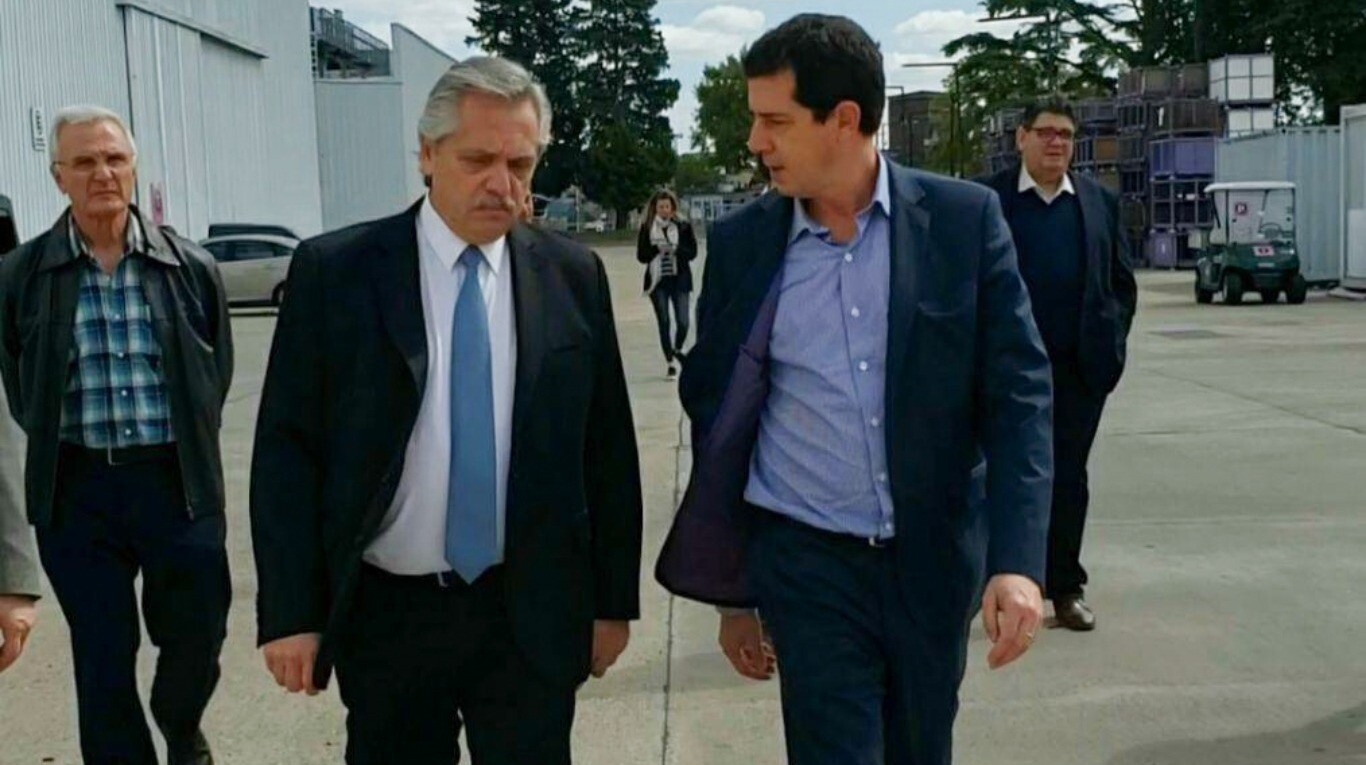
The endless internalism of the Frente de Todos does not take a break. The breakdown of the dialogue between the Nation and the Province is something evident and reveals the breakdown of the relationship between the president and the vice president. What is new, however, is the public challenge of Christianity towards Alberto Fernández with respect to defining all the candidacies in a few STEP.
In the last week Wado de Pedro was in charge of making it clear in different interviews that the Frente de Todos will end up going to settle their candidacies in the internal ones, according to him “by the unipersonal decision of the president.” In the last report, carried out in C5N, the Minister of the Interior clarified that “many sectors of the FdT asked him to discuss part of the strategy”, but “there was no scope to discuss it”. As a result of that, he assured: “Today we have to go to a STEP, where the President is going to present himself, is what I understand. It would be very good for the President to present himself, for the rest of the FdT to put together an alternative and for the people to define in the STEP“.
The interesting thing is to read what De Pedro does not say explicitly, but which begins to gain more and more strength. Given the scenario and the refusal of Alberto Fernández to publicly get off a possible candidacy, Cristinism chooses to redouble the bet and challenge him to put together a 100% own list, “Albertist”, where there is no candidate in common on the different ballots. From the environment of the vice president they even let it be known that They do not intend to “integrate” lists after the primaries, going to a kind of kill-kill: whoever wins, takes everything.
Faced with this change in position, the Chief of Staff Agustín Rossi came forward to demand “a code of coexistence” that allows ordering “how legislative positions are going to be distributed.” Rossi pointed out: “In my opinion, in those places where there is a synthesis, for example in a province where there is an agreement on who has to be the candidate for governor, that is included among the different candidates for President.”
The main concern goes through the Province of Buenos Aires, the mother of all battles. Following the logic proposed by Christianity, Alberto Fernández should look for a pre-candidate for governor who will face Kicillof, who will seek his re-election. A move that, if carried out, would be a headache for the president, who would have serious problems putting together his provincial and municipal lists.
The challenge had already been announced by Kicillof’s chief adviser, who in public statements responded to Aníbal Fernández’s criticism of the governor with a Chicana: “Perhaps he knows the province more than the governor. In that case, Aníbal could present himself to one (internal in the) PASO for governor of the province. What’s more, we could think of a formula, even now that there is talk of a PASO at the national and provincial level, it could be Fernández president and Fernández governor.”
The “strategy” (if it can be called that) of Christianity would be to put strong pressure on the president so that, faced with the possibility of seeing his lists emptied or that it would be very difficult for him to achieve a competitive assembly, he would end up lowering his candidacy and achieve better conditions for a negotiation in the Front of All.
Conclave of the Justicialista Party
Trying to mediate in the internal, Rossi remarked: “We have to have a meeting of the Council of the Justicialista Party this month to convene the Congress that has to authorize the alliances. We are already in discount time, because before we said ‘four months are left’. Now The days begin to count.”
The PJ Council, which will possibly be convened by mid-April, will be the formal instance where Peronism must come up with some definition. Although the deadline for closing alliances is June 14 and the negotiation may continue until that date, the PJ meeting may advance some resolutions on how the ruling party will face the election.
In the sector aligned with Cristina Kirchner, they hope to have Sergio Massa on their side, who has the support of the vice president and is supported in the adjustment measures that he has been carrying out. Without going any further, Kicillof was one of the defenders of him publicly in the last measure of the robbery of retirees through the exchange of Anses bonds.
In the midst of an increasingly intense noise, the next few weeks will be key to see how the electoral strategy of the Frente de Todos will be defined. Until now, the internal crisis continues to accumulate tensions between the different wings and there is only one point of agreement: to continue supporting the adjustment led by Massa, hand in hand with the IMF.
Source: www.laizquierdadiario.com

